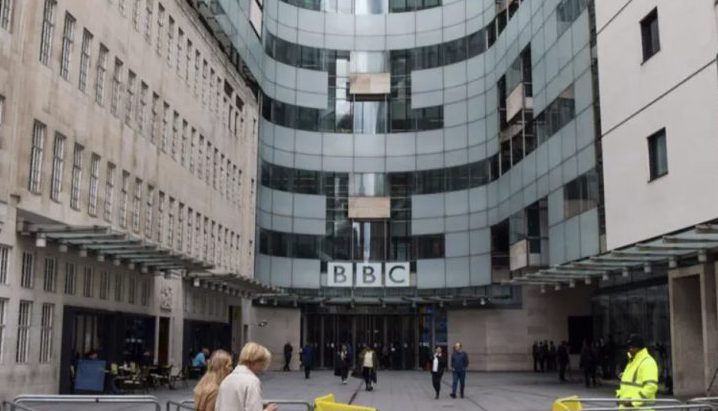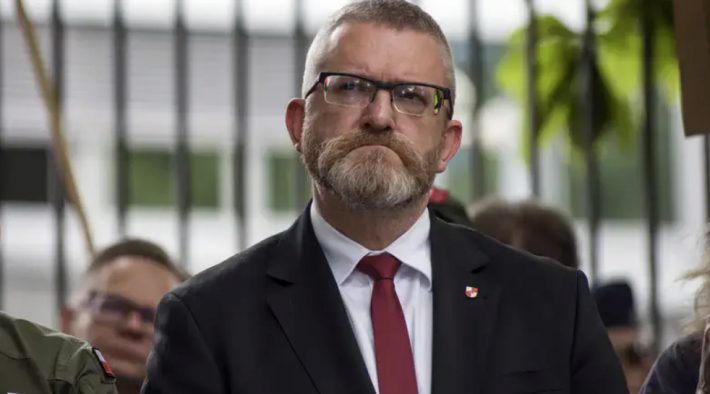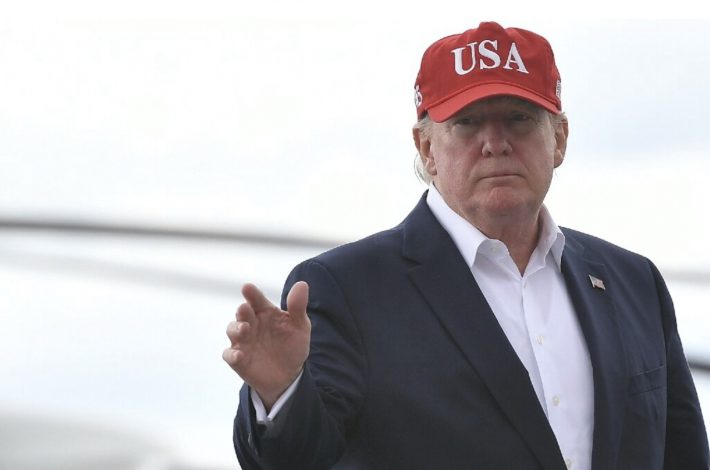BBC strongly defends its Gaza war reporting following criticism from Trump’s press secretary, Karoline Leavitt, who cited its inaccuracies regarding an attack near a food distribution site.
The British Broadcasting Corporation (BBC) on Wednesday issued a robust defense of its journalism concerning the conflict in Gaza, accusing the White House of misrepresenting its reporting.
This follows criticism from Donald Trump’s administration regarding the BBC’s coverage of an incident near a US-backed food distribution site.
Senior BBC journalists claimed that the White House’s remarks constitute “political point-scoring” after Trump’s press secretary, Karoline Leavitt, accused the corporation of accepting “the word of Hamas with total truth” and noted the BBC had removed a story about the incident.
Leavitt’s attack on the BBC stemmed from inquiries about reports of Israeli forces opening fire near a food distribution center in Rafah. During a briefing, she asserted, “The administration is aware of those reports and we are currently looking into the veracity of them because, unfortunately, unlike some in the media, we don’t take the word of Hamas with total truth. We like to look into it when they speak, unlike the BBC.”
She further stated, “And then, oh, wait, they had to correct and take down their entire story, saying: ‘We reviewed the footage and couldn’t find any evidence of anything.’”
The BBC swiftly responded, clarifying that casualty figures are routinely updated from multiple sources in a dynamic war zone. The corporation explicitly denied removing any story.
“The claim the BBC took down a story after reviewing footage is completely wrong,” read a statement quoted by The Guardian. “We did not remove any story and we stand by our journalism.”
The BBC further elaborated that its news stories and headlines on the incident were updated throughout the day with the latest fatality figures, calling it “totally normal practice on any fast-moving news story.” The broadcaster accused the White House of conflating the aid distribution incident with a separate BBC Verify report that found a viral social media video was unrelated to the event. “Conflating these two stories is simply misleading,” the BBC stated.
The BBC has continuously come under fire over its anti-Israel bias, which has reared its head even more since October 7, 2023.
In November of 2023, the corporation published an apology after falsely claiming that IDF troops were targeting medical teams in battles in and around the Shifa Hospital in Gaza.
Before that, the BBC falsely accused Israel of being responsible for an explosion at a hospital in Gaza, which the IDF proved was caused by an Islamic Jihad rocket. The network later acknowledged that “it was false to speculate” on the explosion.
Earlier this year, the BBC faced mounting scrutiny for using the son of a senior Hamas official as a narrator in its documentary “Gaza: How to Survive a Warzone.”
Following the criticism, the British broadcaster acknowledged that there were “serious flaws” in the program. British Prime Minister Keir Starmer later said he is “concerned” by the documentary.
In another incident several months ago, BBC News presenter Nicky Shiller referred to three hostages who were released by Hamas as “prisoners”, similar to the term used for the terrorists imprisoned in Israel.
His remarks sparked an uproar, leading the network to apologize.Following the criticism, the British broadcaster acknowledged that there were “serious flaws” in the program. British Prime Minister Keir Starmer later said he is “concerned” by the documentary.
In another incident several months ago, BBC News presenter Nicky Shiller referred to three hostages who were released by Hamas as “prisoners”, similar to the term used for the terrorists imprisoned in Israel.
His remarks sparked an uproar, leading the network to apologize.





